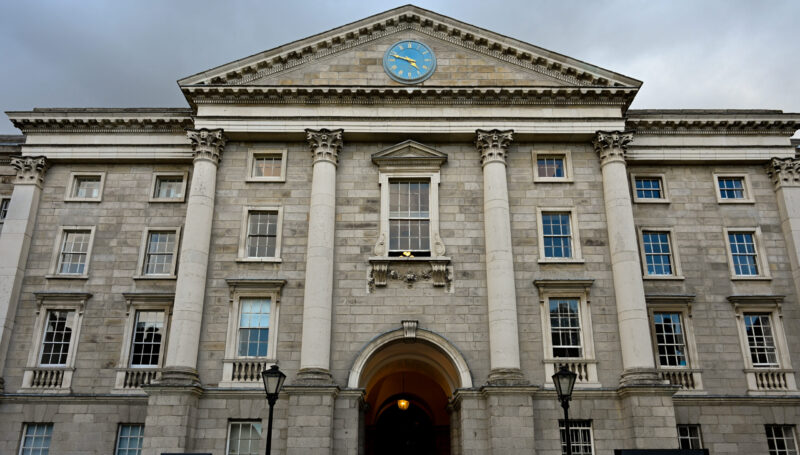The governing bodies of third-level institutions are set to be reduced to a required 17 members under a bill which proposes major changes to how the institutions are run.
The Irish Times has reported that the government has approved a bill aimed at significantly reforming the governance of higher education in Ireland.
The bill will allow the Higher Education Authority (HEA) to attach mandatory conditions for funds granted to third-level institutions in order to “protect students, public funds and the reputation of the sector”, up to and including the withholding of funds from an institution.
Under the legislation, the size and composition of university, institute of technology and technological university boards would be changed. Boards will consist of 17 members, including at least eight external appointees and two students. Including the chairperson, these changes would allow for the possibility of a majority of external board members, including three appointed by the Minister for Higher Education.
The size of university boards under the new legislation has been a particularly contentious issue since the heads of bill was published last year.
In March of this year, Trinity requested to be exempt from the legislation. A spokeswoman for Higher Education Minister Simon Harris told The University Timesthat legal provisions will be included that are “reflective of the distinct legal basis to” Trinity’s legal structures.
Trinity’s Board currently has 27 members, including four student representatives.
Having successfully proceeded through pre-legislative scrutiny with government approval, the bill will go to the Oireachtas later this year.
The government is also currently considering a reduction in the student contribution charge as part of a new funding package for higher education.
Income thresholds for student grants may also be lowered, allowing more students to avail of financial assistance.
The proposals are part of a set of policies to be published in January based in part on a report into the future funding of third level conducted by the European Commission.
Successive governments have been under pressure to change the sector’s funding model since the publication of the Cassells report in 2016, which outlined three possible ways of securing the financial future of higher education: abolish student fees – which, since Brexit, are the highest in the EU – and increase state funding to the sector, retain the charge and increase funding or introduce an income-contingent loan system. Harris has previously ruled out student loans.
Some €40 million would be required to cut the student contribution charge by €500, with a €1,000 reduction costing just over €80 million. The cost of abolishing the charge altogether would be €245 million.
The rising cost of a college education has become a more prominent political issue in recent years, with the Union of Students in Ireland and the Irish Universities Association repeatedly calling on the government to act on the findings of the Cassells report.
The issue of rising rent prices and the lack of affordable student accommodation is also raised regularly by student leaders.







